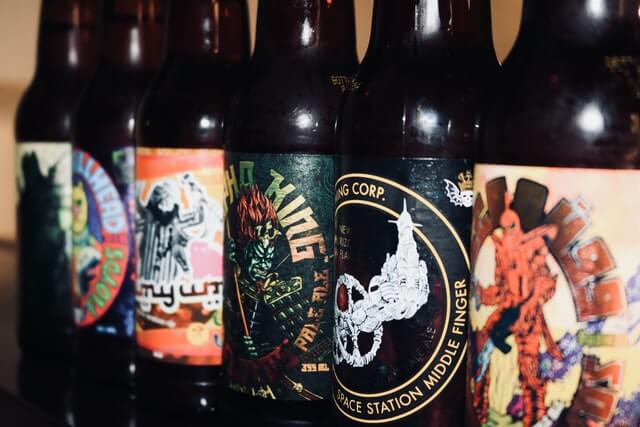When we are thinking about treatment for alcohol abuse, we usually imagine behavioral therapies and twelve step meetings. We hear a lot about suboxone and methadone and the various other medications that are used in drug addiction recovery, but did you know that there are also medicines for alcohol dependence? Here are some medications that are used for this purpose:
Disulfiram (Antabuse) was the first drug approved by the FDA for alcohol use disorder, in 1951. It changes the way your body breaks down alcohol, so that if you drink while taking it, you’ll get sick. If you get sick every time you drink, it seems obvious that you’d begin to drink less. This medicine isn’t always effective simply because some people stop taking it due to the unpleasant effects. People might weigh the nausea, vomiting, headaches, and sweating caused by Antabuse and decide they’d rather take their chances drinking. It does tend to be more successful if you have someone keeping you honest, or someone who has given you an ultimatum, to make sure that you take it every day.
Naltrexone is a medication that allows you to drink without side effects, and you’ll still feel drunk, but you won’t receive any pleasure from it. It blocks opioid receptors that are involved in the rewarding effects of drinking. It can help prevent cravings for this reason, as your brain stops associating alcohol with reward. Naltrexone works best for people who have already stopped drinking for at least four days. There is also an extended release version called Vivitrol, which is administered once a month by injection.
Acamprosate (Campral) acts on the gamma-aminobutyric acid (GABA) and glutamate neurotransmitters and eases withdrawal symptoms. GABA is an amino acid that help makes you feel calmer and give you a sense of wellbeing. Glutamate is responsible for sending signals between nerve cells. Symptoms of alcohol withdrawal include insomnia, anxiety, restlessness, and depression, and can last for months after your last drink. The downside is that you have to take two pills three times every day, which can be hard for some people to remember.
Zofran (ondansetron) is actually an anti-nausea medication typically used in chemotherapy patients. It affects the brain’s serotonin levels, which genetically predisposed alcoholics have a deficiency of.
There are two other drugs called gabapentin and topiramate, which are anti-seizure medications, but doctors sometimes prescribe them for alcohol dependence. They are thought to work in a similar way to acamprosate.
These medications can be helpful in the short term, to help you start cutting down on your drinking and slowly wean you off so that you can hopefully avoid the worst of the withdrawal symptoms. Or, if you’re already going through withdrawal, they can ease the effects. However, medication alone is not sufficient treatment for an alcohol abuse problem, and you should still seek counseling or therapy to change your behavior.
If you or a loved one need help with quitting drugs or alcohol, consider Asana Recovery. We offer medical detox, along with both residential and outpatient programs, and you’ll be supervised by a highly trained staff of medical professionals, counselors, and therapists. Call us any time at (949) 438-4504.



